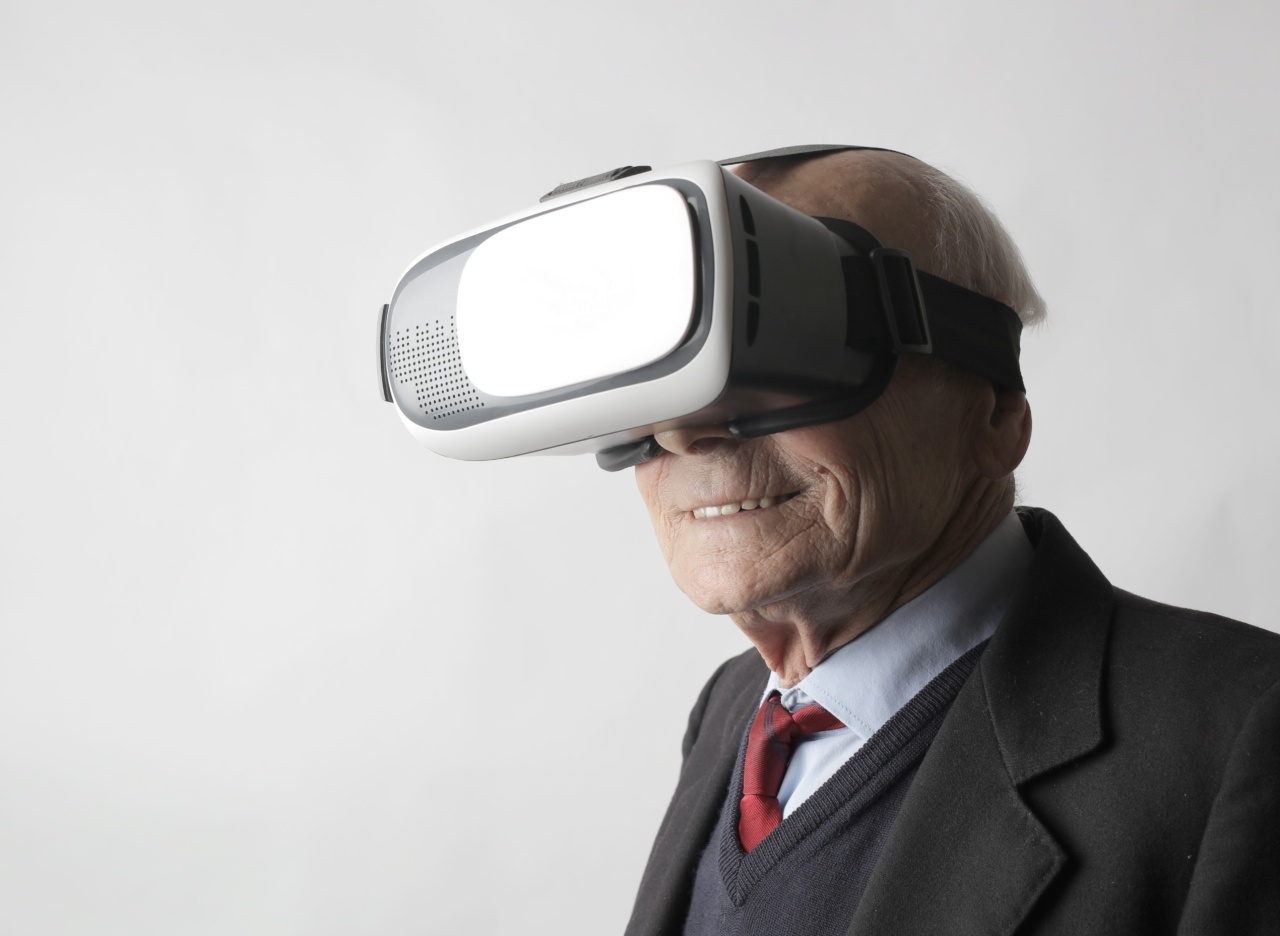Communal living has been a part of human society since the beginning of civilization. Living in large groups and sharing resources was essential for survival. However, in modern times, our living patterns have shifted towards individualism.
The emergence of nuclear families and independent living has resulted in a loss of communal living. This shift has affected men differently than women in terms of psychological and emotional well-being. Men are experiencing post-communal discomfort, which is a feeling of unease, discomfort, and disorientation after leaving communal living situations.
This article explores the manifestations and causes of post-communal discomfort in men.
Manifestations of Post-Communal Discomfort in Men
Men who have lived in communal living situations for a significant amount of time experience a range of discomforts when they step out of their communal setting. Some of the manifestations of post-communal discomfort in men are:.
Difficulty in Building Relationships
Men who have lived in communal living environments have had easier access to social interaction and relationships. However, after leaving communal living, they find it hard to build and maintain social connections.
They may also feel isolated and disconnected.
Anxiety and Depression
Men who are experiencing post-communal discomfort often report feelings of anxiety and depression. They find it hard to manage their emotions, especially when they are alone.
Loss of Purpose and Identity
Communal living often gives men a sense of purpose and identity. They may have had a specific role in their community, which gave meaning to their lives. After leaving communal living, they may feel a loss of identity and purpose.
Inability to Cope with Independence
Men who have lived in a communal environment for extended periods may find it hard to cope with independence. The lack of structure and routine may lead to a sense of overwhelm and confusion.
Addictions and Destructive Behaviors
Men who are experiencing post-communal discomfort may turn to addictions and destructive behaviors such as substance abuse, binge eating, or gambling as a way of coping with their discomfort.
Causes of Post-Communal Discomfort in Men
The causes of post-communal discomfort in men are multifaceted and complex. Some of the causes are:.
Loss of Community Support
Men who have lived in communal living environments have had access to community support and resources. However, after leaving communal living, they may find it hard to cope without the support of their community.
Loss of Sense of Belonging
Communal living provides men with a sense of belonging. Leaving communal living can result in a sense of loss and displacement. Men may feel like they don’t belong anywhere.
Loss of Social Interaction
Communal living provides men with regular social interaction. Leaving communal living can lead to a lack of social interaction and ultimately loneliness.
Lack of Emotional Support
Men who have lived in communal living environments have had access to emotional support. Leaving communal living can make it hard to seek out emotional support, especially if they are not used to dealing with their emotions independently.
Transitioning to Individualism
Communal living is a form of collectivism. Men who have lived in communal living environments may find it hard to adjust to the individualistic nature of society after leaving communal living.
Conclusion
Post-communal discomfort is a significant challenge that men face after leaving communal living. The manifestations and causes are complex.
It is essential to recognize and address post-communal discomfort to help men transition smoothly from communal living to individualistic living.






























